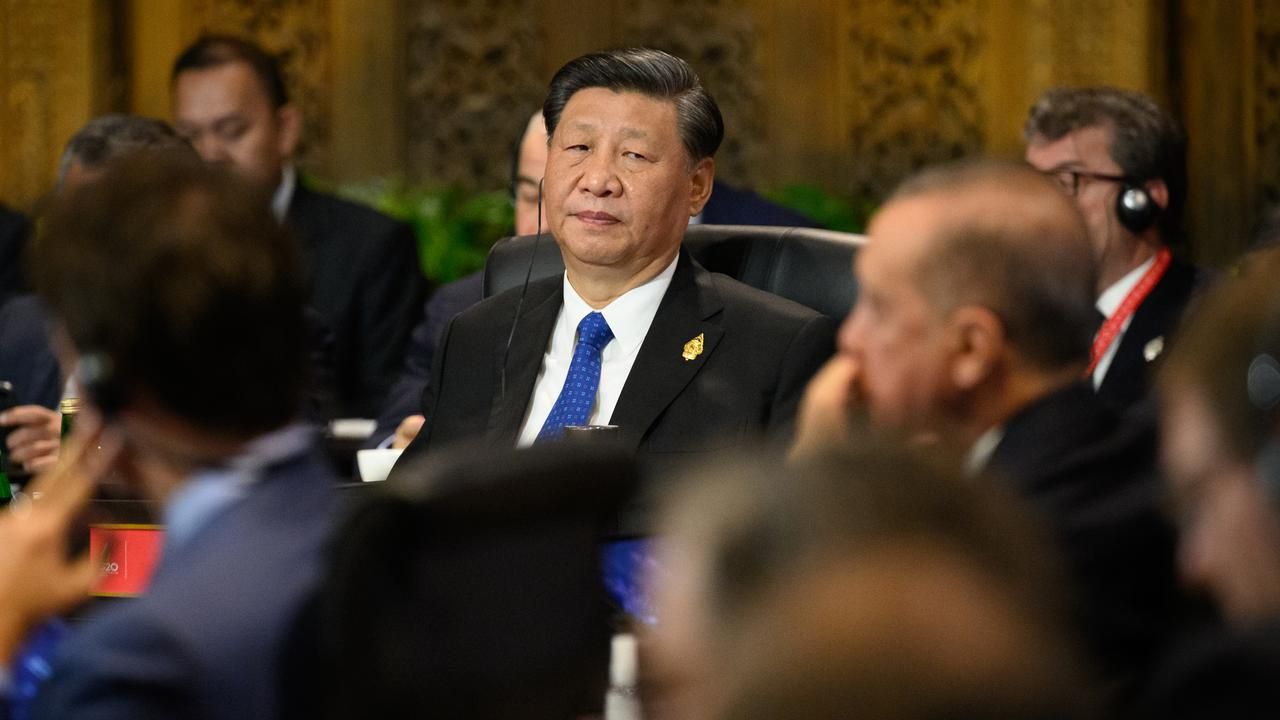Although the Western nations have criticized China's suggested peace plan for resolving the Ukraine crisis, officials in Kazakhstan consider it to be deserving of support.
The Kazakh Foreign Ministry released a statement on Saturday expressing their backing for China's proposed peace plan to put an end to Russia's conflict with Ukraine.
“The Republic of Kazakhstan welcomes position of the People’s Republic of China on the political settlement of the Ukraine crisis that deserves support as contributing to the cessation of bloodshed on the basis of territorial integrity, independence and sovereignty of states in accordance with the fundamental principles of the United Nations Charter,” the ministry said.
The ministry urged all parties engaged in the military conflict to demonstrate goodwill by ending hostilities and initiating talks at the negotiating table. Additionally, Kazakhstan called upon the international community to take all necessary measures to aid in finding a diplomatic solution to the conflict.
On the first anniversary of Russia’s invasion, the Chinese government released a 12-point position paper on Ukraine, which called for peace talks. The plan released by China’s foreign ministry calls on the international community to “create conditions and platforms” for negotiations to resume, and claims that China would continue to “play a constructive role in this regard.” Although the paper gives no specific steps toward resolving the conflict, it calls for the “sovereignty, independence, and territorial integrity of all countries” to be respected.
It further condemns “unilateral” sanctions against Russia and indirectly criticizes the expansion of the NATO military alliance, saying that “the security of a country should not be pursued at the expense of others.” In its plan, Beijing urges all parties to “avoid fanning the flames and aggravating tensions.”
The paper also includes strong language opposing the “threat or use” of nuclear weapons.
“Nuclear weapons must not be used and nuclear wars must not be fought,” the paper said. “The threat or use of nuclear weapons should be opposed. Nuclear proliferation must be prevented and the nuclear crisis avoided. China opposes the research, development and use of chemical and biological weapons by any country under any circumstances.”
The document did not address its suggestions to a particular side in the conflict, instead calling for all parties to “stay rational and exercise restraint” and to “strictly abide by international humanitarian law, avoid attacking civilians or civilian facilities, protect women, children and other victims of the conflict.”
The paper was severely criticized by Western leaders, who questioned Beijing’s credibility in the Russia-Ukraine conflict.
Speaking at a press conference alongside EU Commission President Ursula von der Leyen in the Estonian capital Tallinn, NATO Secretary General Jens Stoltenberg expressed skepticism about China’s initiative.
“China doesn’t have much credibility, because they have not been able to condemn the illegal invasion of Ukraine,” Politico quoted Stoltenberg, who recalled an agreement on a “limitless partnership” signed between Chinese President Xi Jinping and Russian President Vladimir Putin just days before the invasion.
At the same time, Ursula von der Leyen underscored the Chinese proposal as “not a peace plan, but principles that they shared.”
Chinese President Xi Jinping is reportedly planning to visit Moscow for a meeting with his Russian counterpart in the coming months in an effort to push for global peace talks. According to the reports, Beijing has signaled its willingness to play a mediator role in the conflict between Russia and Ukraine as the war entered its second year.
The Chinese government has repeatedly stated that it takes a neutral position regarding the ongoing hostilities in Ukraine and is able to ease tensions between Russia and Ukraine.







 Armenian sappers commenced on Monday mine-clearance operations in the territories adjacent to the Saint Mary Church in village of Voskepar (Armenia...
Armenian sappers commenced on Monday mine-clearance operations in the territories adjacent to the Saint Mary Church in village of Voskepar (Armenia...
 Iran and Pakistan have signed eight cooperation documents in various fields, and agreed to strengthen ties to fight terrorism in the region.
Iran and Pakistan have signed eight cooperation documents in various fields, and agreed to strengthen ties to fight terrorism in the region.
 President Aliyev emphasized the critical role of the North-South Transport Corridor in fostering transport cooperation between Azerbaijan and Russi...
President Aliyev emphasized the critical role of the North-South Transport Corridor in fostering transport cooperation between Azerbaijan and Russi...



